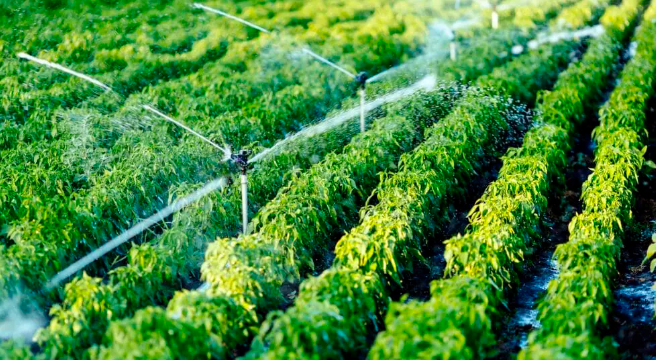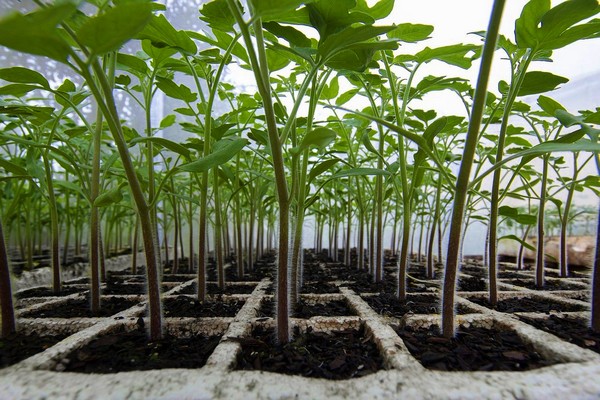#KazakhstanWater #DripIrrigation #WaterScarcity #SustainableAgriculture #WaterManagement #TransboundaryWater #AgriculturalDevelopment
Kazakhstan faces a pressing issue of water scarcity, with 55% of its water supply coming from neighboring countries such as China, Kyrgyzstan, Tajikistan, and Russia. Unfortunately, this transboundary water flow has been gradually diminishing each year. To combat the challenge of water deficit for irrigation purposes, Senator Zakirzhan Kuziev proposes the implementation of a pilot project on drip irrigation.
According to the Senate’s press service, over half of the water consumed in Kazakhstan is sourced from neighboring nations. However, the annual inflow of water from these rivers has been on a decline. Senator Kuziev highlighted the situation, stating that Kazakhstan faces inundation when neighboring countries have excess water but receives little help during times of need.
To address the scarcity of irrigation water, the senator points out that currently, around 80% of irrigation water is lost through open channels, wasting about 60% of the total water volume. To conserve water effectively, he suggests restoring and modernizing the irrigation networks, along with initiating a drip irrigation project.
Focusing on the Shengeldinsky region with its 14,000 hectares of land, Senator Kuziev proposes a detailed project with pipes and meters, ensuring efficient water management for the next three decades. He emphasizes that despite the initial higher costs, modern plastic pipes offer a 30-year guarantee, making them a viable long-term investment. The senator believes that targeted distribution of pipes will empower people to use water more responsibly and effectively.
The consequences of addressing water scarcity through drip irrigation are substantial. By implementing a drip irrigation system, water usage can be reduced significantly, conserving up to 60% more water compared to traditional irrigation methods. Moreover, drip irrigation delivers water directly to the plant’s root zone, optimizing plant growth while minimizing water wastage.
Senator Kuziev argues that investing in infrastructure rather than providing subsidies will lead to a more sustainable and efficient use of water resources. Drip irrigation not only helps in conserving water but also leads to more effective application of herbicides and fertilizers, benefitting agricultural productivity and sustainability.












